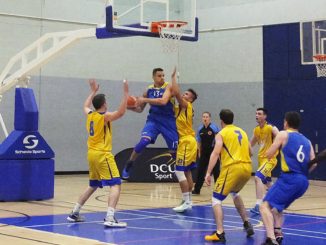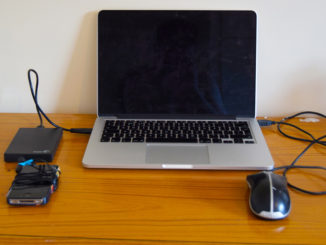
[dropcap]T[/dropcap]he Disability Access Route to Education (DARE) and Higher Education Access Route (HEAR) Annual Report 2020 published on the 11th of December shows a 22 per cent increase in offer acceptance for students with disabilities and 15 per cent increase for those experiencing socioeconomic disadvantage.
HEAR and DARE both provide reduced points places to leaving certificate students to mitigate the negative impacts socio-economic disadvantage and/or disability can have on the student’s education.
Ria McGuire a final year Journalism student in DCU said “I wouldn’t be doing the course that I am today without DARE. DARE enabled me to take the opportunity to study journalism at DCU. It allowed me a second chance from my leaving cert.”
The scheme went national in 2010, and since then the number of participating Higher Education Institutions has increased from 8 to 25 in 2020.
Over the past ten years, the number of applications for HEAR has grown from 1836 to 5642 with the number of DARE applications growing from 4229 to 6555 in 2020.
DCU’s Head of Access Service Cathy McLoughlin said “We’ve had ten years where we are communicating the same messages consistently. A lot of effort has gone into working with career guidance teachers to make sure they really understand it because ultimately, they are the ones that drive it for us within the schools.”
DCU itself saw an increase of 17 per cent in the number of HEAR Access students in 2020. This year a total of 1168 HEAR accepted offers to attend DCU.
“I think you also have to remember that DCU is a very big player in this field, one in five of every HEAR student who accepted a HEAR offer came to DCU”, said McLoughlin.
McLoughlin said she believes that predictive grades benefitted Access students as the traditional exams can cause a lot of stress to the student.
She said, “maybe their home life is not the best and they don’t have the same support that other students do like buying in grinds.”
Initially, many Higher-Level Institutions feared that students would decide to defer as learning was moved off-campus and put online.
McLoughlin said, “I think a lot of students read the signs very well and realised that COVID was likely staying with us for another significant bit of time and they were kind of going well what am I going to do for the next year there are no jobs out there so, therefore, I might as well start college.”
Michelle Cullen
Image credit: Unsplash
Note: This article was reuploaded on 25/03/2021 due to a fault with The College View website.



